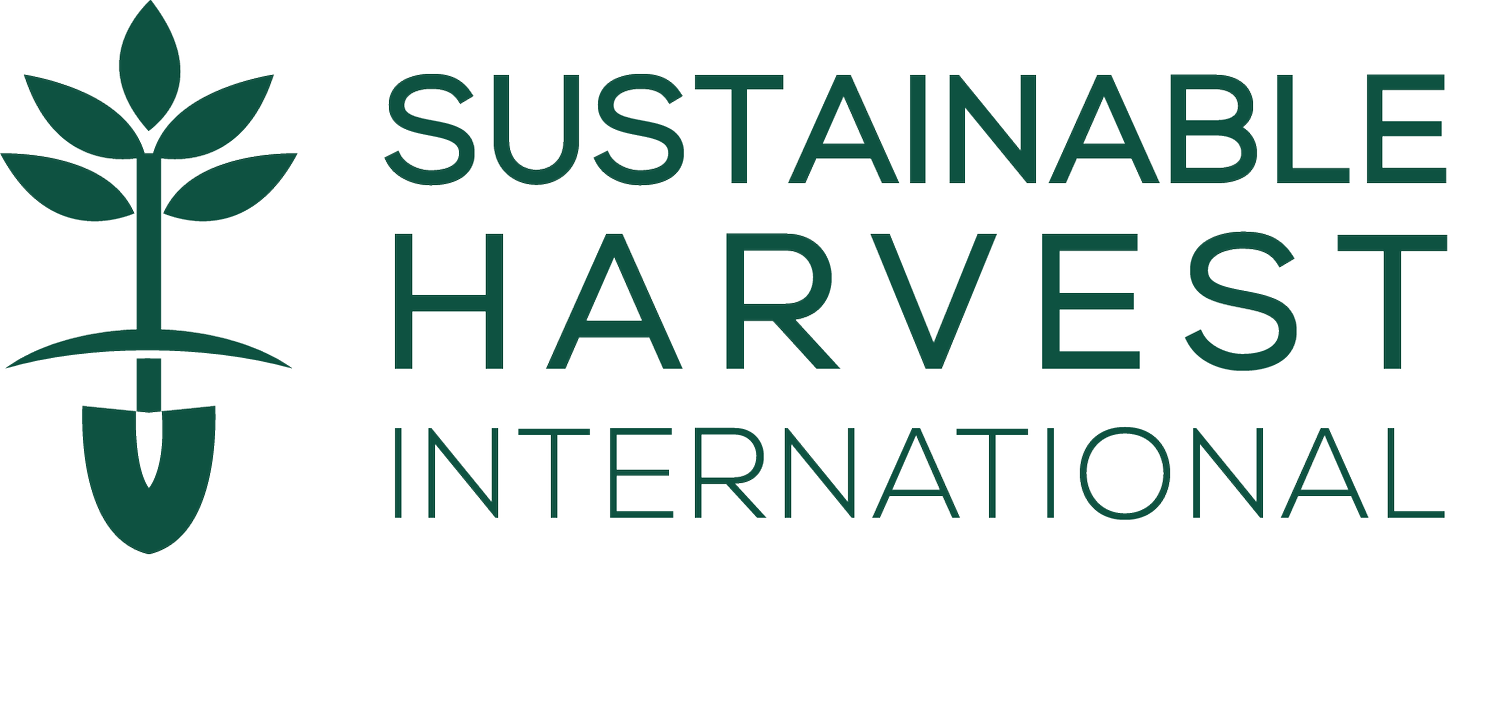December is your last chance to support our Annual Fund in 2016, and we’re excited to illustrate the incredible effect of your donations on lives and landscapes when you support our work. Don't miss a single installment of our Changing Lives, Transforming Landscapes series!
Today, the story of one farmer's motivation to transform his entire community.
THE WAY THINGS USED TO BE
In 2007, Carlos Rubi Sandoval was selected to help manage the forests around Piedra Gorda, Honduras. At first, Carlos was chuffed—he valued the forests and wanted to do his part to protect them.
Unfortunately, the program relied heavily on chemical inputs—synthetic insecticides and fertilizers. Not only were these inputs harmful to the ecosystems they were supposed to preserve, they were also expensive.
Within two years the program’s funding dried up and Carlos couldn’t keep the forest projects running.
Carlos was no longer convinced of the power of chemical inputs, but he was still committed to preserving the forests in his community and securing food for his family. He just didn’t have the training to farm in a truly sustainable way yet.
IT STARTS AT HOME
In 2014, we began working with Carlos and nine other families in Piedra Gorda. The majority of families in Piedra Gorda are Tolupan—an indigenous group native to northwestern Honduras. For rural Honduran families like Carlos’, food security is a major concern; therefore it’s one of the first challenges our trainings address.
Carlos fertilizes the beans he grows with organic compost and madrifol - photo by Amanda Zehner
Field Trainer Jaime Soto visits Piedra Gorda frequently, helping nine partner families here create individual farm plans. These visual documents help families develop unique goals for the transformation of their land. Ultimately, farm plans provide a roadmap for self-sufficiency long after a family’s partnership with us is complete.
Carlos and his wife, Sonia Sophia, had never had a vegetable garden, but with the help of Field Trainer Jaime Soto, they began growing their own food—organically. Now, Carlos, Sonia Sophia, and their two children Nisi (age three) and Carlito (age six) all eat from the garden daily.
“Some people might think a garden is just a temporary thing,” says Carlos, “but the truth is that a garden is valuable in the long-term.”
Carlos and Sonia Sophia used funds generated from their vegetable garden to finish building their home. - photo by Franklin Paz
Not only does their garden provide food for them on a daily basis, it also generates income, as they are able to sell surplus produce. In addition to the money they save from not purchasing food, Carlos’ family earned 1,800 Honduran Lempira (around $80) from their recent harvests. Carlos was able to use some of this money to pay several neighbors to help him construct a new home. The improved house and new, lush gardens brought Carlos’ farm plan a giant step closer to reality.
COLLECTIVE SOUL
“If I see they're a little down or discouraged I try to encourage them, because that's what this is all about,” Carlos says of the nine other families in Piedra Gorda who partner with Sustainable Harvest International.
The collective makes organic fertilizers and pesticides made from local ingredients. - photo by Elliott Powell
Indeed, encouraging and supporting each other has helped farmers in this community form a cooperative business venture. Seeing how well homemade organic fertilizers and pesticides performed, the families working with Sustainable Harvest International decided to produce them in larger quantities to sell to others.
Using local ingredients like molasses, hot peppers, ash, and lime, the collective’s products are more affordable and safer than synthetic agrichemicals. What’s more, local families can purchase the products right in Piedra Gorda, meaning they no longer need to make the forty-five minute walk to town.
WHAT COMES NEXT?
“I love it when people ask me that question!” Carlos says. “This is what really motivates me.”
Carlos hopes to send his daughter, Nisa and son, Carlito to university - photo by Franklin Paz
Carlos hopes to live long enough to see his children, Nisa and Carlito, become adults. He hopes to make enough money from farming and micro-business enterprises to send both of them to university. He hopes that they’d then use their education to help improve living conditions in Tolupan communities, improve the family farm, and grow the family micro-business.
Just ten years ago, Carlos thought that synthetic chemical inputs were the solution to managing forests and increasing crop yields. Now, Carlos would like to see everyone in Piedra Gorda convert to the organic, healthy farming methods he’s learned through participation in Sustainable Harvest International’s training.
Carlos in his organic garden - photo by Franklin Paz
In fact, Carlos is so inspired by the transformation of his own land that after he’s completed our program, he hopes to use his knowledge to provide training to the whole Piedra Gorda community.
“We’re committed to supporting the other families,” Carlos says, “Even after the program is finished we’ll keep supporting each other and working to protect the environment.”
The education and support of farmers in Piedra Gorda, Honduras is made possible by donations to our Annual Fund. Won’t you join us in supporting Carlos and his community by donating today? With your help, our field staff can continue to provide essential training to rural farmers in Honduras, Belize, and Panama as they change lives and transform landscapes.









